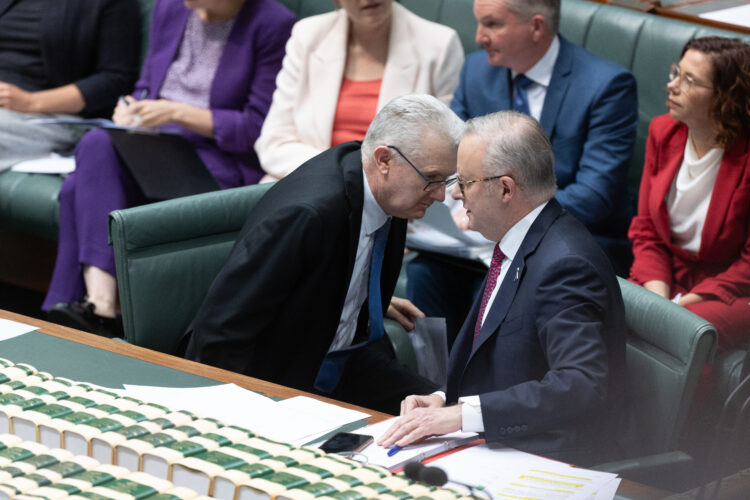Hey guess what Australia? It’s 50 years on from the establishment of the Henderson Poverty Line (the measure of income people need to live above poverty) we still don’t have official poverty measures!
Cool, right?
Half a century on from when we handed down all the research to find that living in poverty is bad for people’s health, future and the overall productivity and equality, we still haven’t addressed it. AMAZING!
The Brotherhood of St Laurence held an event at parliament house to mark the 50th anniversary of the Henderson Poverty Inquiry and wants the government to establish some official poverty measures.
Like lifting people out of it, for instance.
Despite increased focus on cost of living and inequality, Australia remains one of the few countries in the world without official national poverty measures. Over 150 countries, including Canada, New Zealand, the United States, and the United Kingdom, already have official measures in place and report on them regularly.
The Economic Inclusion Advisory Committee established by the Federal Government has recommended Australia adopt official poverty measures – a monetary and multidimensional measure – to better guide national understanding of poverty and efforts to reduce it.
“Fifty years on, we have the tools and the data. What we need now is action,” said Dr Travers McLeod, Executive Director of BSL. “This is a chance to align with international best practice and show we are serious about tackling poverty in all its forms. Australia’s economic compass is incomplete without official poverty measures.”
To support this goal, BSL and the Melbourne Institute have worked together to demonstrate the value of a Multidimensional Poverty Index (MPI) for Australia. Using the internationally recognised framework led by Professor Sabina Alkire and Professor James Foster, an MPI captures the multiple, overlapping challenges that shape poverty, such as health, housing, education, and employment.
The Antipoverty Centre have also been pushing for the government to officially recognise poverty by raising welfare to above the Henderson poverty line. We know it can be done – we did it during the pandemic, lifting thousands of people out of poverty overnight. And the benefits were enormous – not just for health and wellbeing (which are very important measures in their own right) but also for the economy and productivity.


